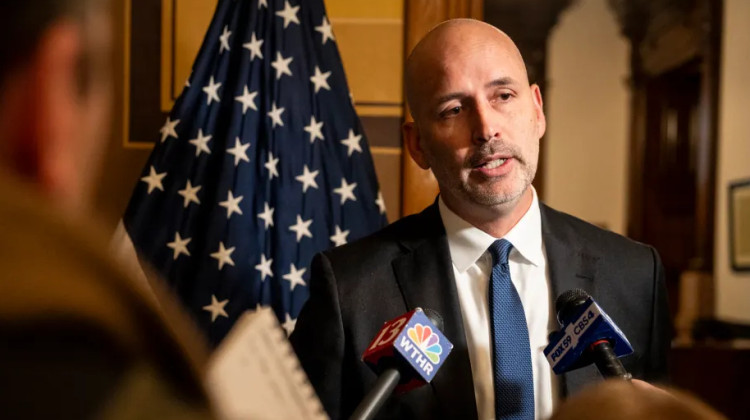INDIANAPOLIS -- A Ball State study finds that use of tax increment funding is diverting hundreds of millions of dollars away from the local governments.
Tax Increment Financing is a complicated property tax collection method. In theory, it’s used to spur economic development within specified neighborhoods. When property values rise, the increased revenue goes into the TIF fund, instead of the city as a whole. The system was developed to lure businesses to an area.
But Ball State researchers say Tax Increment Financing has no major impact on economic development or changes in property values. TIFs divert as much as $320 million from local government coffers, the report states.
“That puts a tremendous strain on other local governments," said Ball State’s Michael Hicks, a coauthor of the report.
Reseachers analyzed a decade of sales taxes and property tax collection throughout Indiana. As property tax collection has declined, use of TIFs has gone way up.
“The problem is they’ve become such a crutch for local government,” Hicks said.
Indianapolis has 17 active TIF districts. It added two last year, while disolving two others.
"What has happened here, when you look at just the property taxes, is that TIF, rather than creating new economic activity, is simply capturing that which would otherwise occur as a large share of overall property taxes," Hicks said.
That leaves less money for other government responsibilities, like school budgets. Tens of millions has also been spent on administering TIFs, Hicks said.
Hicks doesn’t say use of TIFs should stop. But he says they deserve much more scrutiny than they receive now. It needs some “breaks put on it,” he said.
 DONATE
DONATE





 Support WFYI. We can't do it without you.
Support WFYI. We can't do it without you.